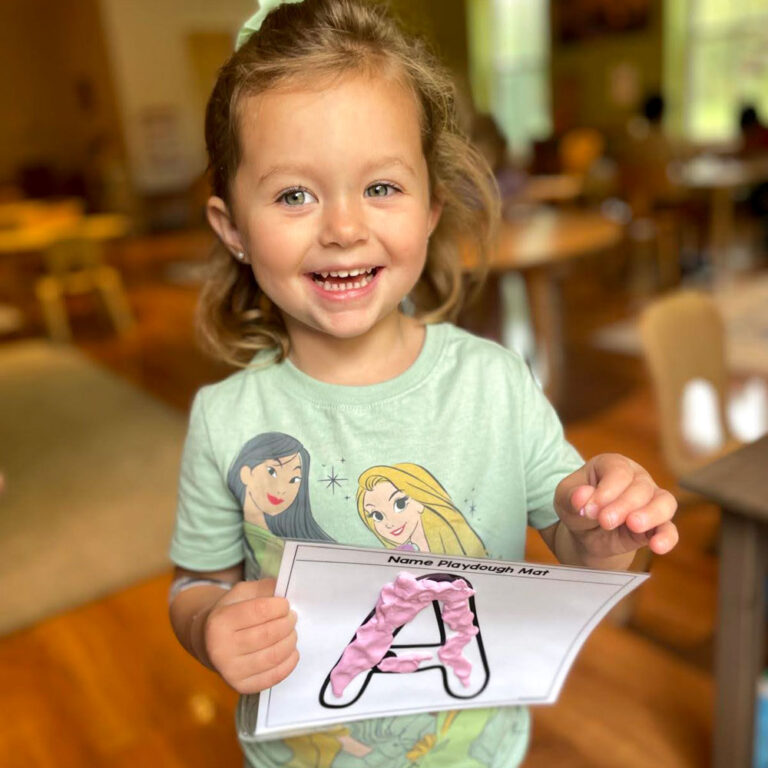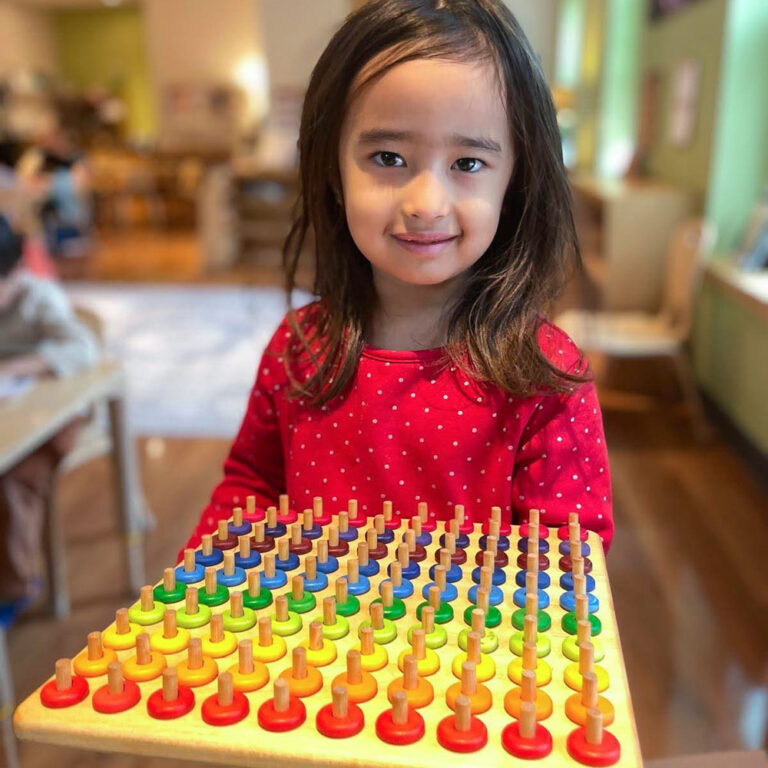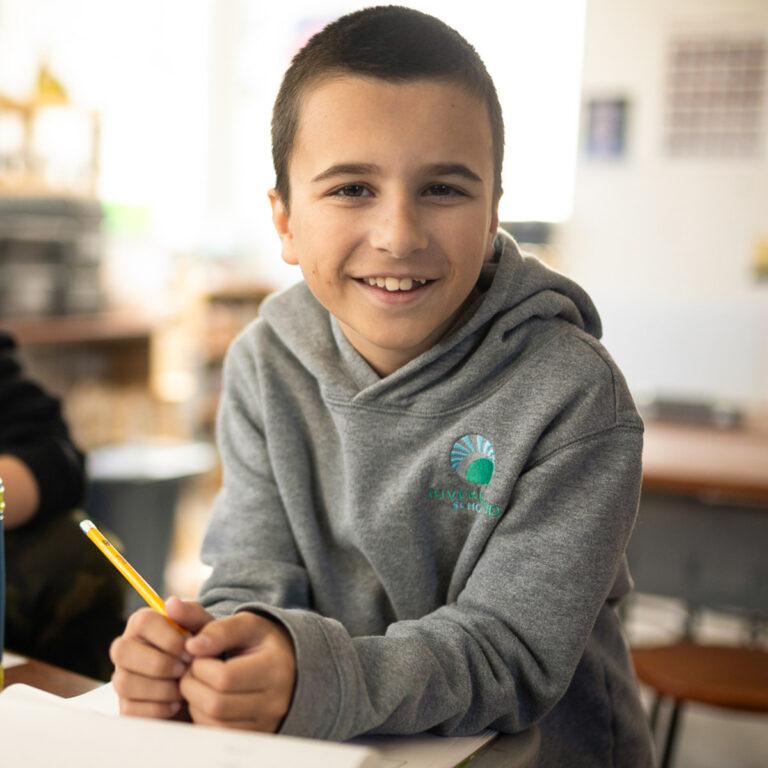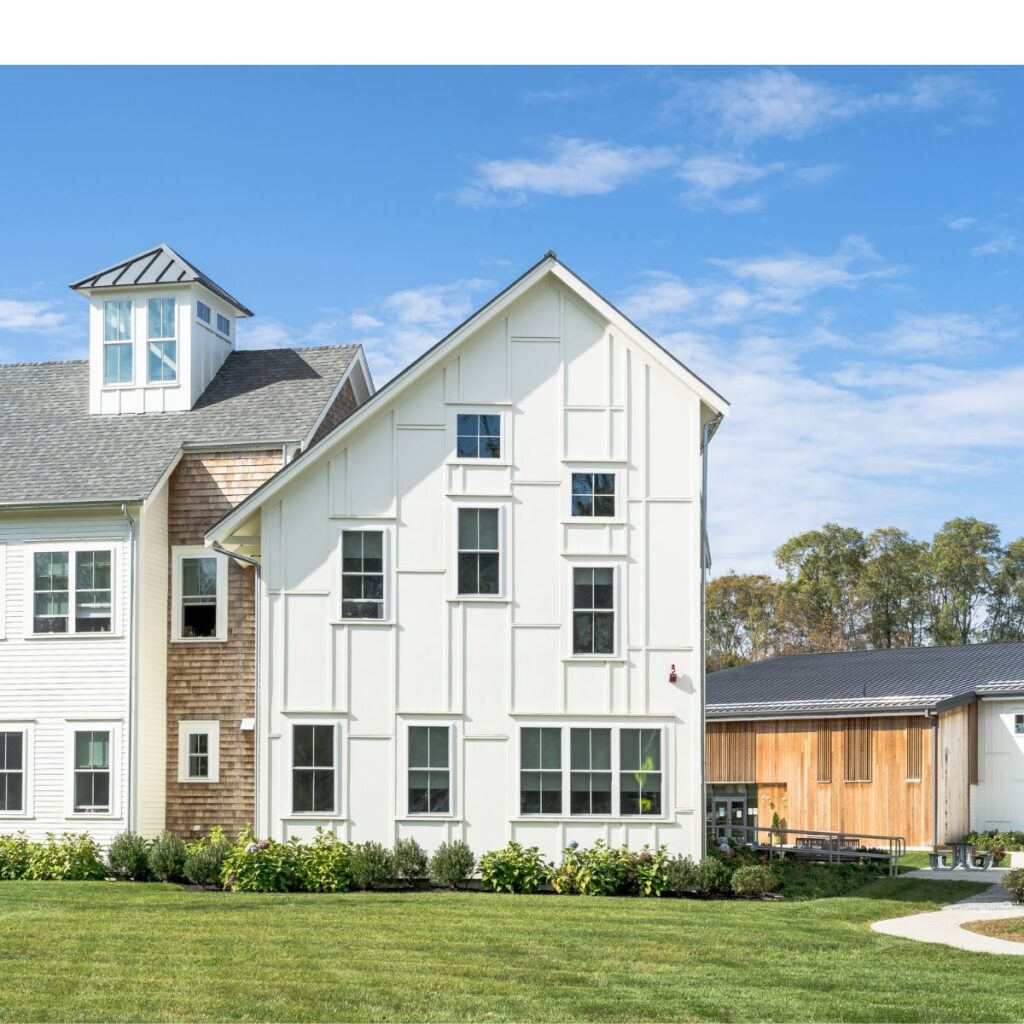Key Elements of a Montessori Education
In a Montessori school, we focus on the development of the whole child – cognitive, social, emotional, and physical. Students educated in a Montessori setting perform well academically, but the benefits of a Montessori education are so much more than that. These are the essential elements that define the Montessori school experience versus traditional educational models.





